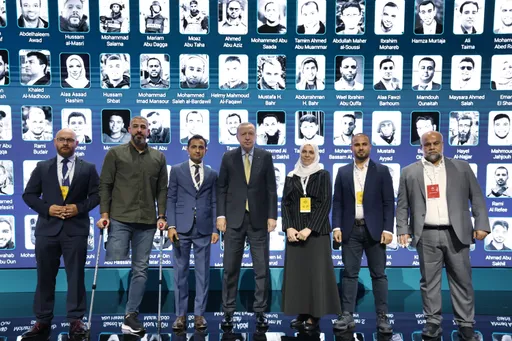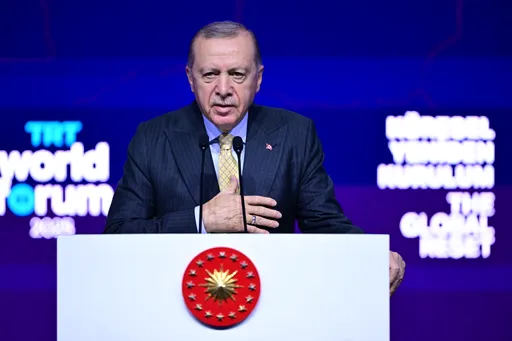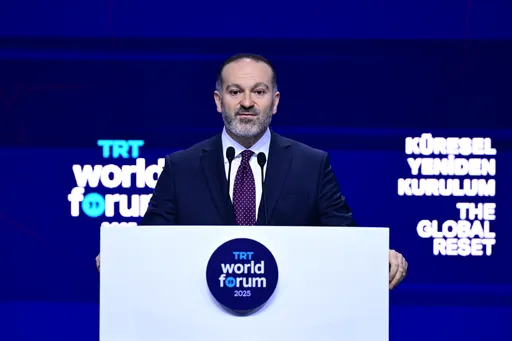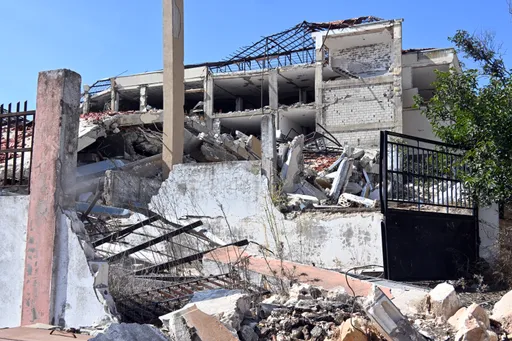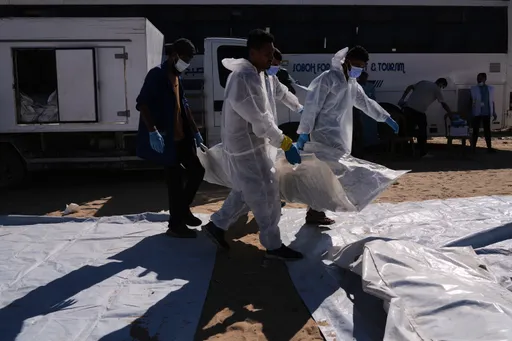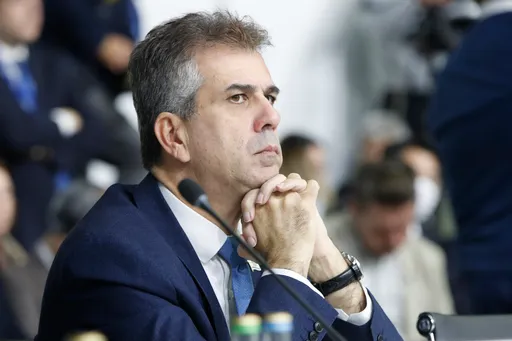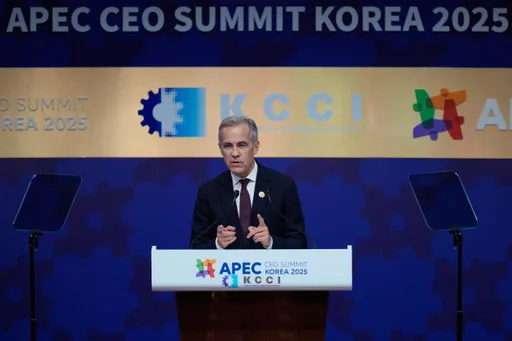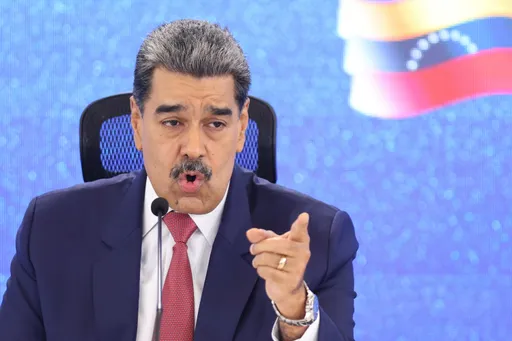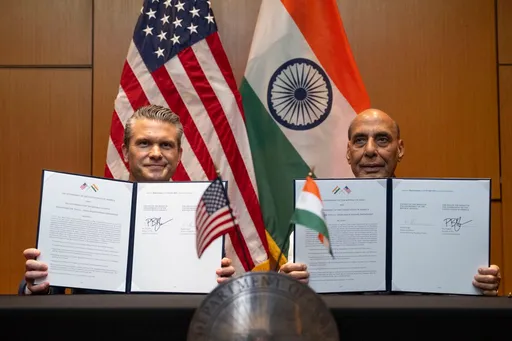Pick any headline from a European news outlet in recent weeks, and it would appear that the Georgian people have risen in a revolutionary fervour in their march to embrace the European Union bloc. Nothing can be further from the truth.
The protests that have rocked Georgia since late November are spearheaded by a coalition of opposition parties, which miserably lost the elections to the Georgian Dream party.
Georgian Dream, or GD, has been in office since 2012, and experts say its prudent economic reforms helped it win 53.93 percent of the vote in the October 26 parliamentary elections.
The opposition, which includes parties like the UNM-led Unity to Save Georgia coalition, Strong Georgia, and Coalition for Change blocs, says the ongoing demonstrations result from Tiblisi’s decision to postpone EU integration talks.
Georgian Prime Minister Irakli Kobakhidze's government has already clarified that EU accession talks have merely been delayed due to Brussels’s interference in the Caucasian country’s internal affairs.
What’s not being talked about is the central role of non-governmental organisations (NGOs) in the ongoing protests and the fact that many of these NGOs are funded by Western donors and opposition parties.
Documents available with the TRT World show that 37 NGOs have direct ties to political parties, while 16 have been engaged in the campaign against the ruling Georgian Dream party.
These organisations, while operating under the banner of democracy and human rights, have played a significant role in mobilising opposition groups, unrest, including the current protests, and influencing public opinion, says Nikoloz Samkharadze, chairman of the powerful Foreign Relations Committee in Georgia’s parliament.
“They call themselves independent and nonpartisan non-profit organisations but in reality, this is not true because many of them have links with the opposition political parties,” he tells TRT World.
The government says most of the 102 registered NGOs are aligned with opposition parties or lobby against GD. Their affiliation with opposition parties is evidenced by public activities, donations, and the professional backgrounds of their leadership.
NGOs such as the Reforms & Research Group, the Freedom Institute, and the Civil Alliance for Development have founders and members who actively support opposition parties like the National Movement, European Georgia, and Strategy Aghmashenebeli.
These ties are often substantiated by financial contributions to political campaigns, with several individuals making significant donations.
Foreign organisations such as the European Network of Election Monitoring Organizations (ENEMO), which face accusations of bias against the GD, also indirectly influence local NGOs.
Sergi Kapanadze, formerly Georgia's deputy foreign minister during ex-Georgian president Mikheil Saakashvili’s administration, now leads the NGO think tank Georgia’s Reforms Associates (GRASS).
Nodar Kharshiladze, who served as the defence minister under the United National Movement (UNM) government, currently heads the Georgian Strategic Analysis Center.
Eka Gigauri, previously a senior customs and border police official under the UNM, leads Transparency International Georgia and openly criticised the Georgian government in front of the US senators in September.
“We also have several non-profit organisations that are being funded from abroad. And these organisations have been stirring up disturbances in the country in the last three years,” says Samkharadze.
“And none of those NGOs are experts on the foreign policy or on international relations. These NGOs mostly work on election issues or on transparency of spending and budget.”
More than 90 percent of the funding of Georgia’s NGOs and civil society organisations comes from foreign donors linked to the US and EU, says an Asian Development Bank (ADB) country brief report.
The current political crisis in Georgia mirrors the situation following the 2020 parliamentary elections, also marked by allegations of electoral fraud and mass protests.
Despite an OSCE report affirming the elections were competitive and fundamental freedoms respected, the opposition rejected the results, leading to a protracted political standoff.
NGOs funded by the West played a significant role in this unrest, supporting the opposition and lobbying international bodies to pressure the Georgian Dream government.
Organisations like Transparency International Georgia and the Open Society Georgia Foundation called on the US Senate to intervene, putting Georgia’s sovereignty at risk by encouraging external involvement in the country’s internal affairs.
“The problem in Georgia is that most of the non-governmental organisations, the leading ones, the big ones, are the catch-all NGOs. They claim to have expertise on everything, and that's how they try to influence the public opinion in different ways,” Samkharadze of Georgia’s Foreign Relations Committee says.
In 2023, the Georgian Dream (GD) party proposed a law requiring NGOs receiving over 20 percent of their funding from abroad to register and face monitoring.
While not directly limiting NGO activities, the law sparked opposition propaganda of government harassment. The Western governments and media were quick to label it as a ‘Russian law’.
The ruling GD defended the legislation as similar to Western laws.
Linking the Georgian law solely to Russia appears politically motivated, especially since many countries, including Ireland, have implemented laws requiring foreign funding transparency for NGOs since the 1990s. Even the EU is working on similar legislation.
Ongoing protests and opposition interest
Georgian police reported on December 9 arresting dozens of protesters on charges including disobedience and hooliganism during the ninth day of pro-EU demonstrations.
Authorities claimed some protesters turned violent, attacking police, damaging property, and planning an explosion, citing relevant criminal laws with potential penalties of fines, community service, or imprisonment.
Meanwhile, the US State Department suspended its Strategic Partnership with Georgia late November, accusing the government of suppressing dissent and veering away from democratic principles.
“We see that the opposition that lost in the elections tried to convince people about fraud in the elections. But we saw that they could not provide any evidence,” says Samkharadze.
“The International Observation Organisation did not say that there were any major irregularities in the election that could have impacted on the final outcome.
“So they basically lost the elections, and therefore, the major reason why they encouraged protests now in the streets is because of the fact that the opposition doesn't want to accept the results of the elections and they are trying to overthrow the government with violent means.”
The current protests are also reportedly sparked by Prime Minister Irakli Kobakhidze postponing EU integration talks to 2028.
“I think we need to make it clear that there are no accession talks right now because the European Union has not opened the accession talks with Georgia. Therefore, I mean we did not stop anything that did not exist,” Samkharadze says.
The GD government had previously supported — and continues to support — Georgia’s alignment with the West through EU membership. It actively promoted its March 2022 application by implementing several reforms required by the EU.
In December 2023, Georgia was granted candidate status, contingent on the continuation of these reforms. Despite growing tensions with the West, Ivanishvili has remained a steadfast supporter of Georgia's EU accession.
“Georgia is a candidate country for European Union membership,” Samkharadze said.
“And we believe that the way forward is an integration with the EU.”





